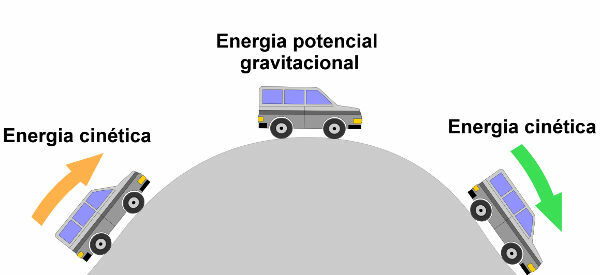Have you ever wondered how much energy it takes to recharge your cell phone battery each year? How does a full recharge affect your monthly energy consumption? In this article, we'll do some calculations to estimate this number.
First, let's assume that your cell phone battery lithium ions, has a carrying capacity of 3000 mAh, a high value even by current standards. The unity mAh (milliamperes-hour) must first be converted to ampstimessecond, or Coulomb, through a relatively simple calculation: we must remember that the prefixmilli worth 10-3 and that one hour has 3600 seconds (3.6.103), given that 1 hour has 60 minutes, and every minute, 60 seconds. So we have to:

We can therefore approximate the amount of electric charge inside the cell phone battery for 11.103 A.s, that is, 11,000 C.
The charger of the most modern devices is more efficient than the old chargers, heats up less and is able to use electric currents from to 2.0 A. So, we can estimate the average time of cargo:

As the amount of charge (
ΔQ) is 11,000 C, and the electric current is 2A, the average recharge time is approximately:NOTE: Recharging time can be affected by other miscellaneous factors such as temperature and charger power.

Thus, we have that an average recharge, under the established conditions, should take an average 1.5 h, since every hour has 3600 seconds.
Now it is necessary to remember the definition of power, which is the reason between the amount of energy transferred, or consumed, and the time interval. Your unit is the Watt, which is equivalent to joulespersecond:

Do not stop now... There's more after the advertising ;)
In this case, P is the charger electrical power, which is defined by the product of the potentialelectric (U), in Volts (V), by the electric current (i), in Amperes (THE). Thus, we have to:

Assuming the electrical voltage (U) used by the cell phone charger as 5V and the electric current as 2 A, We have to:

How much do we spend per year on cell phone recharge?
Multiplying the terms of the equation above, we have that the energy consumed in the full recharge is 15 Wh or 0.015 kWh (we divide by a factor thousand to use the prefix k). Thus, annually, we consume, on average, 365 times this value, resulting in 5,457 kWh yearly. Estimating the price of kWh as R$0.50, consumption is approximately R$2.75.
Factors that should be considered in the analysis
Other factors must be considered, of course, and the most important one is the efficiency of the cell phone charger, which it will never be in 100%. In addition, over time, after successive recharges, the cell phone battery loses some of its storage capacity, so this value may vary.
Conclusion
The energy consumed to recharge a single cell phone for a year increases so insignificant the consumption of residential electricity. Nationally, with an average of 1 cell phone per inhabitant, this consumption exceeds the range of 1 billion kWh, small value compared to the largest portion of the total consumption (residential, commercial and industrial), which is about 380 billion kWh.¹
In addition, there are other ways to make this same calculation, using, for example, the electrical potential energy stored in the batteries, which results in even simpler calculations.

¹To access the data, click on here.
By Rafael Hellerbrock
Graduated in Physics



